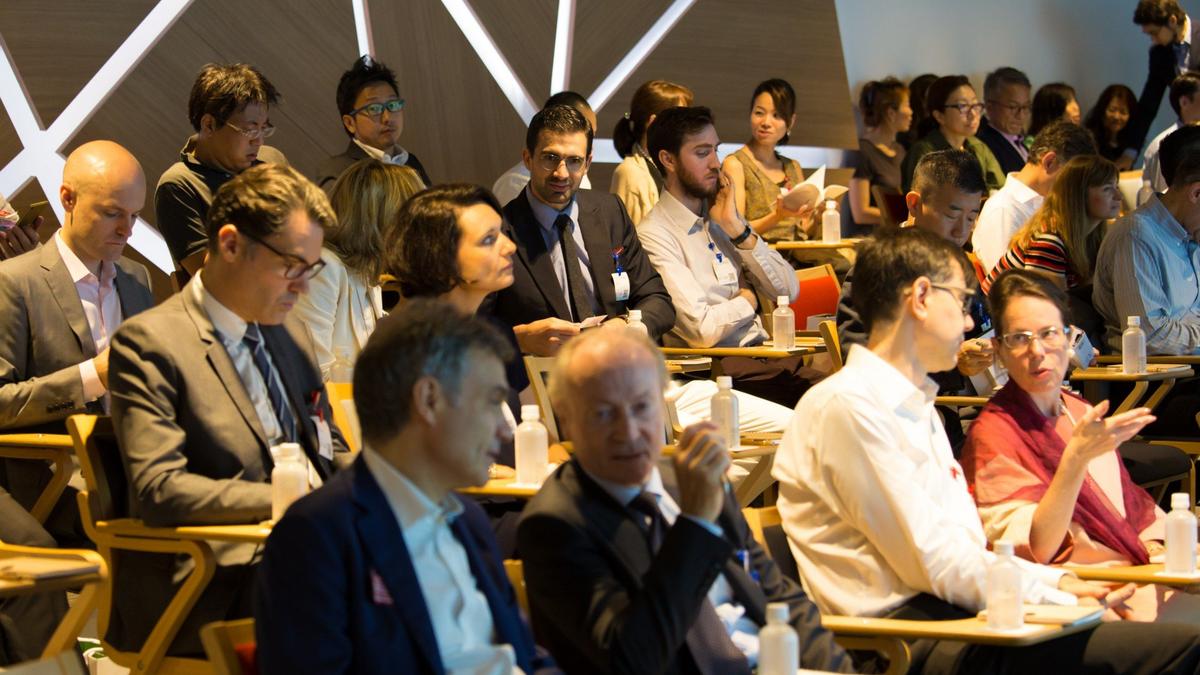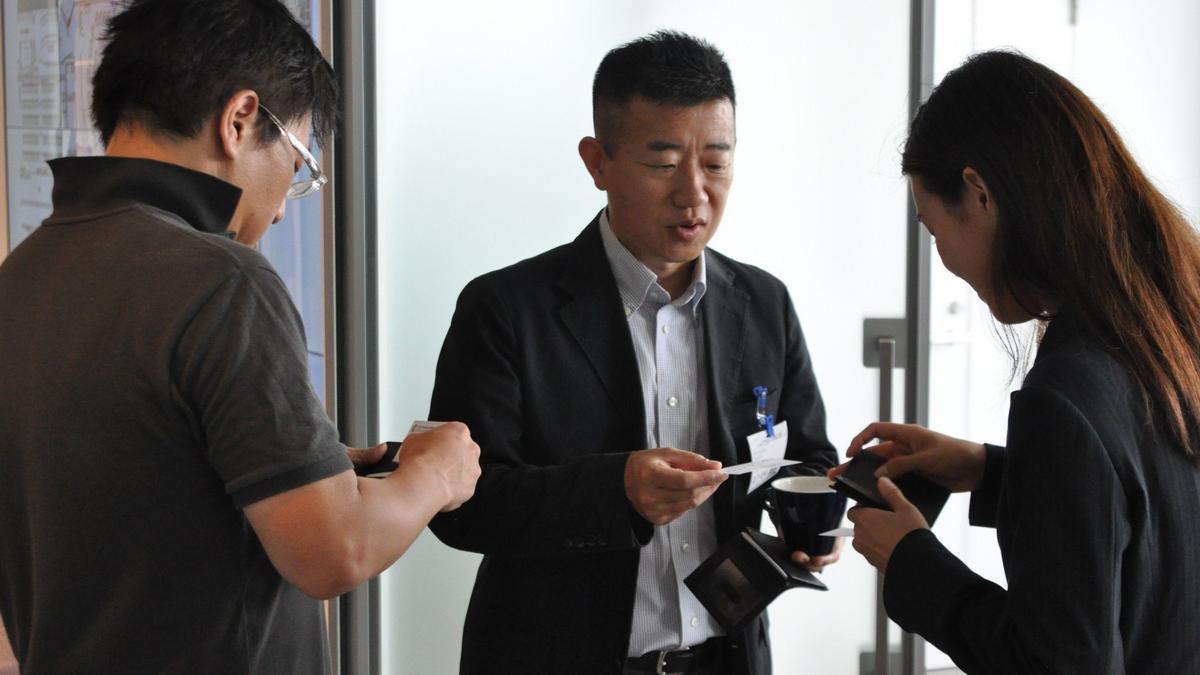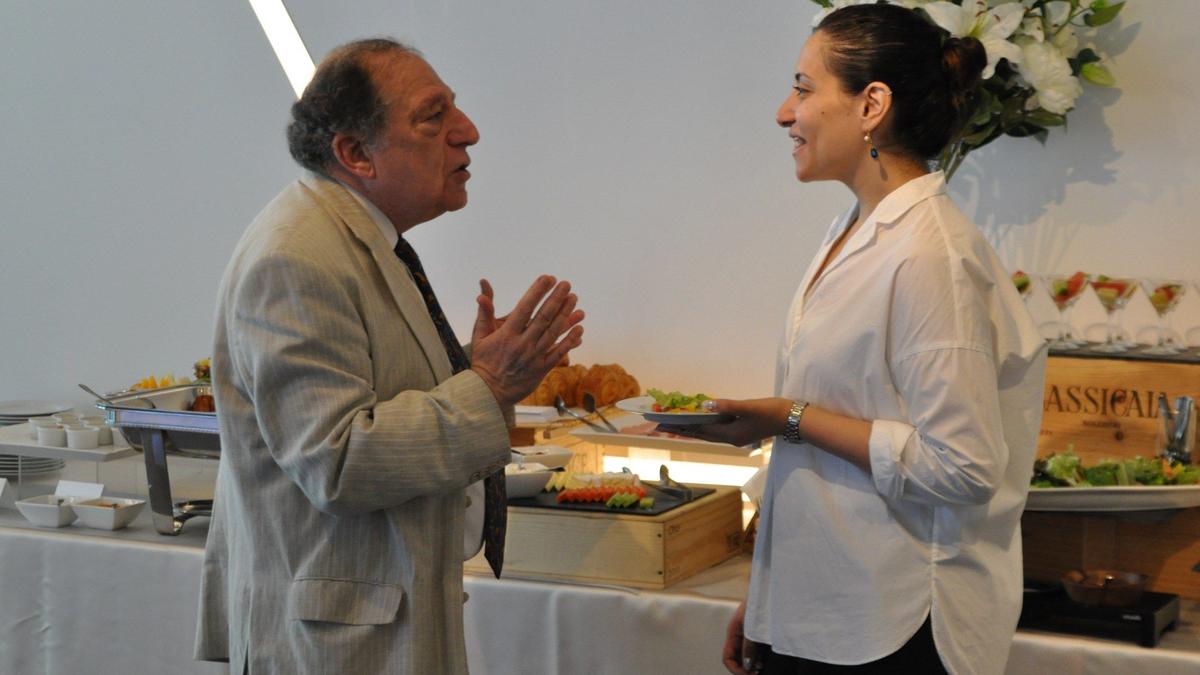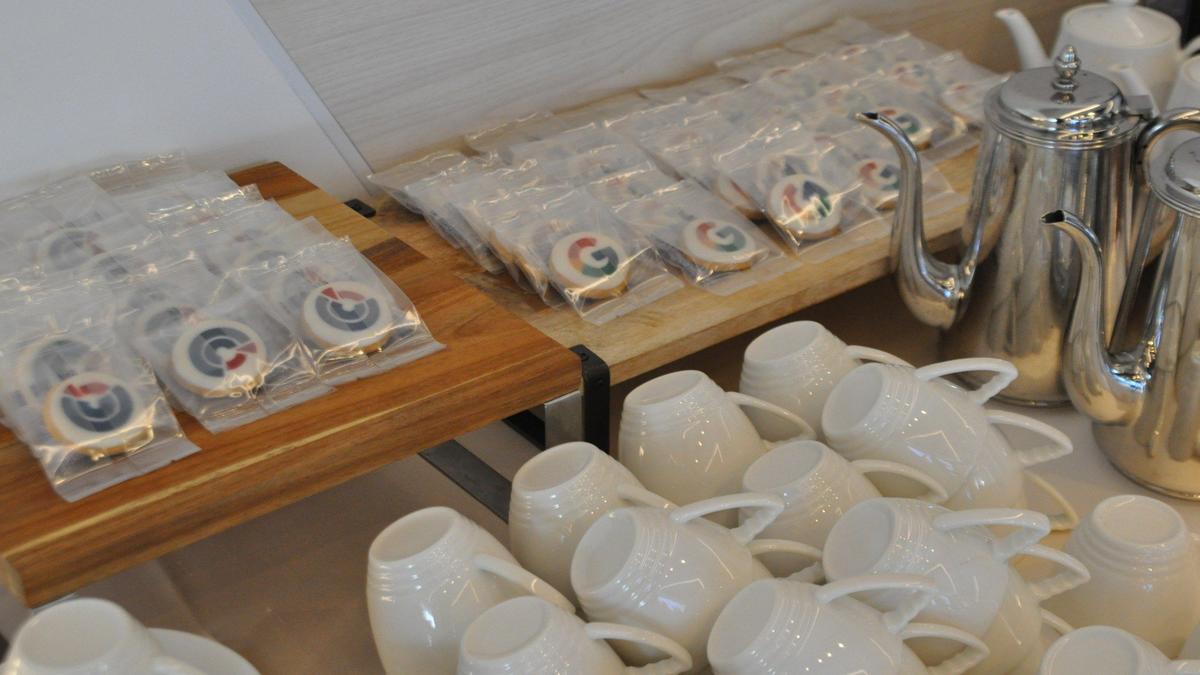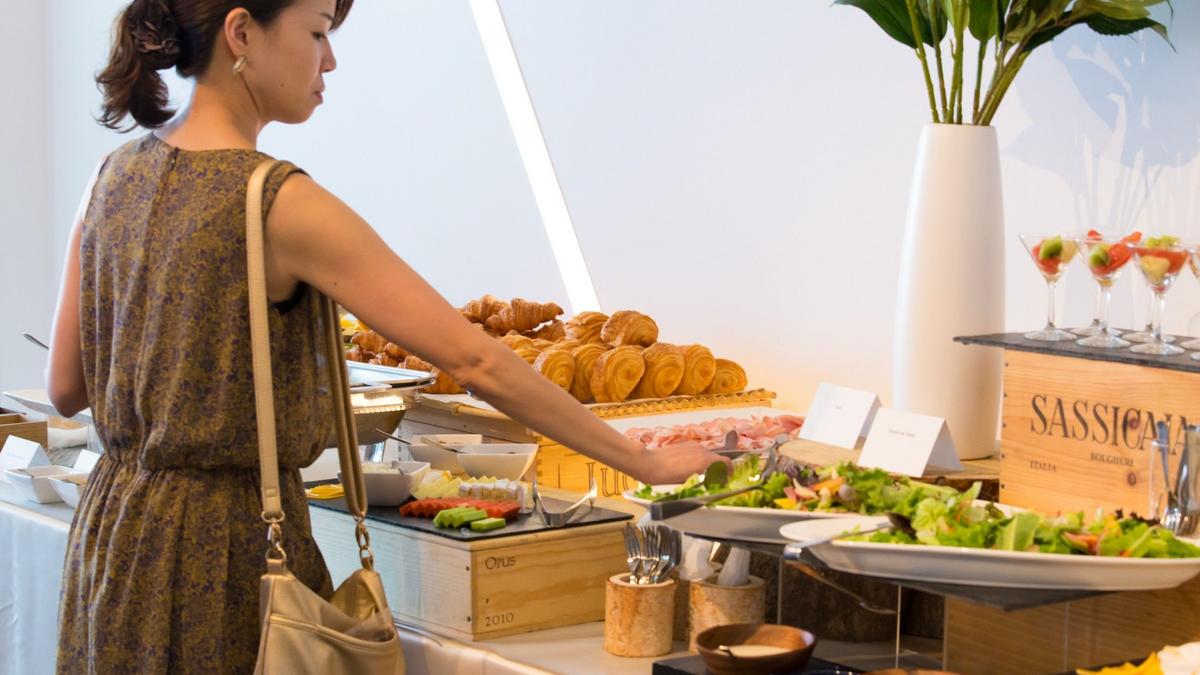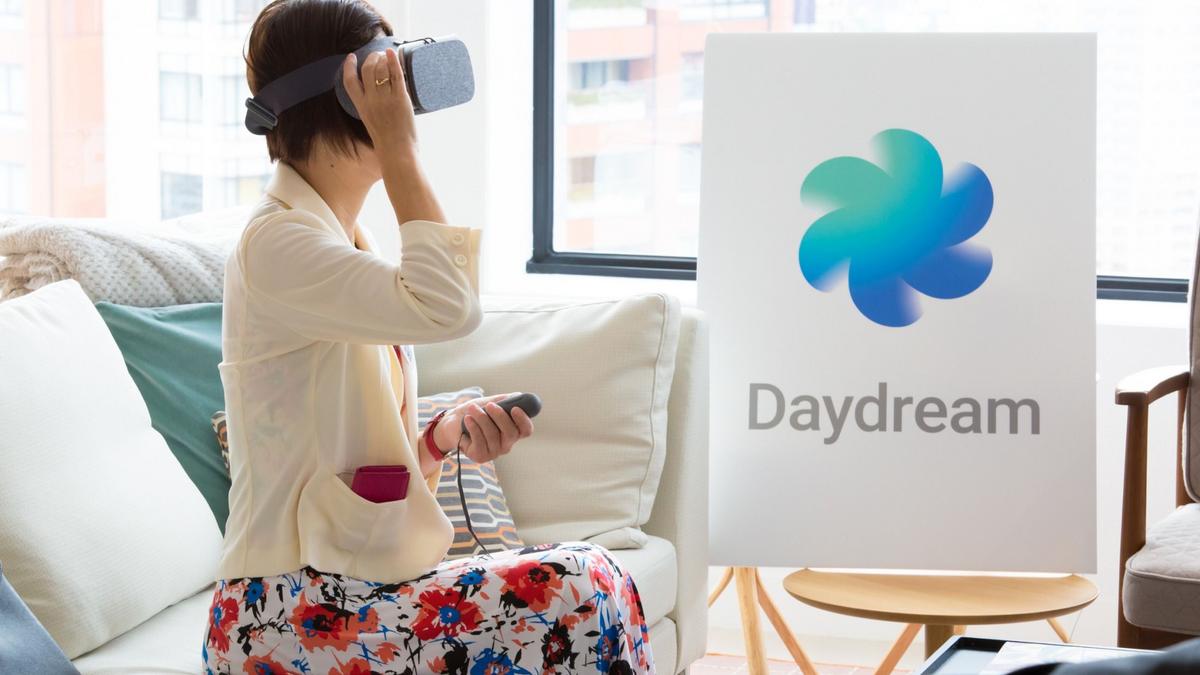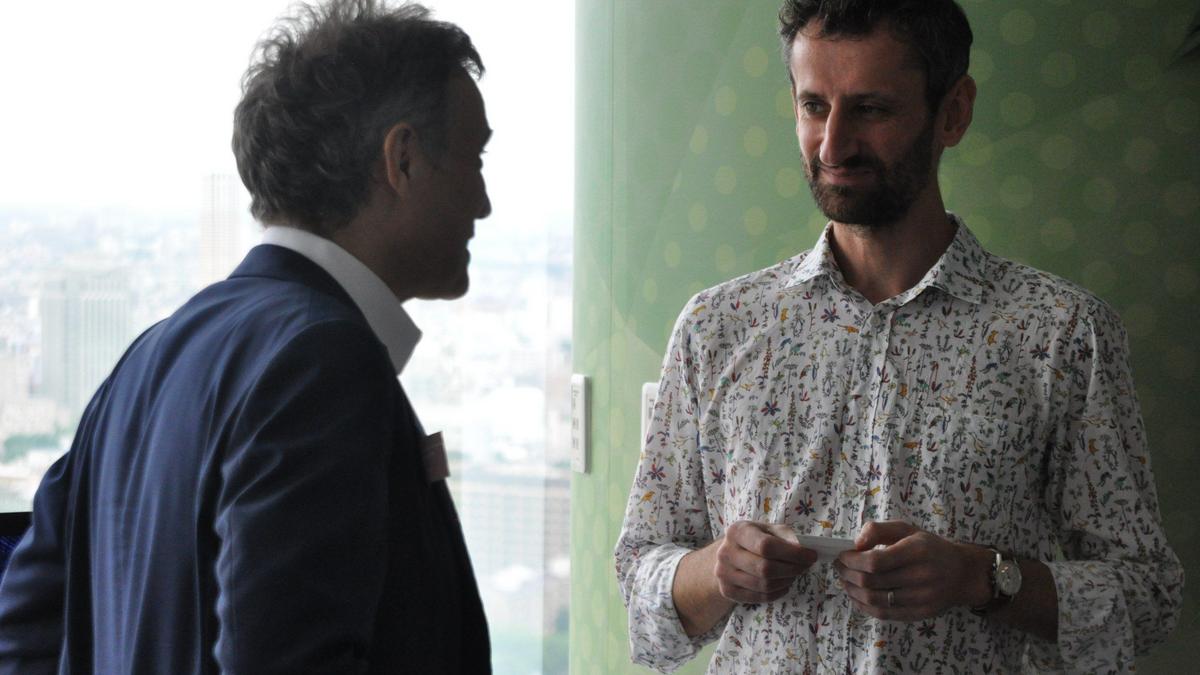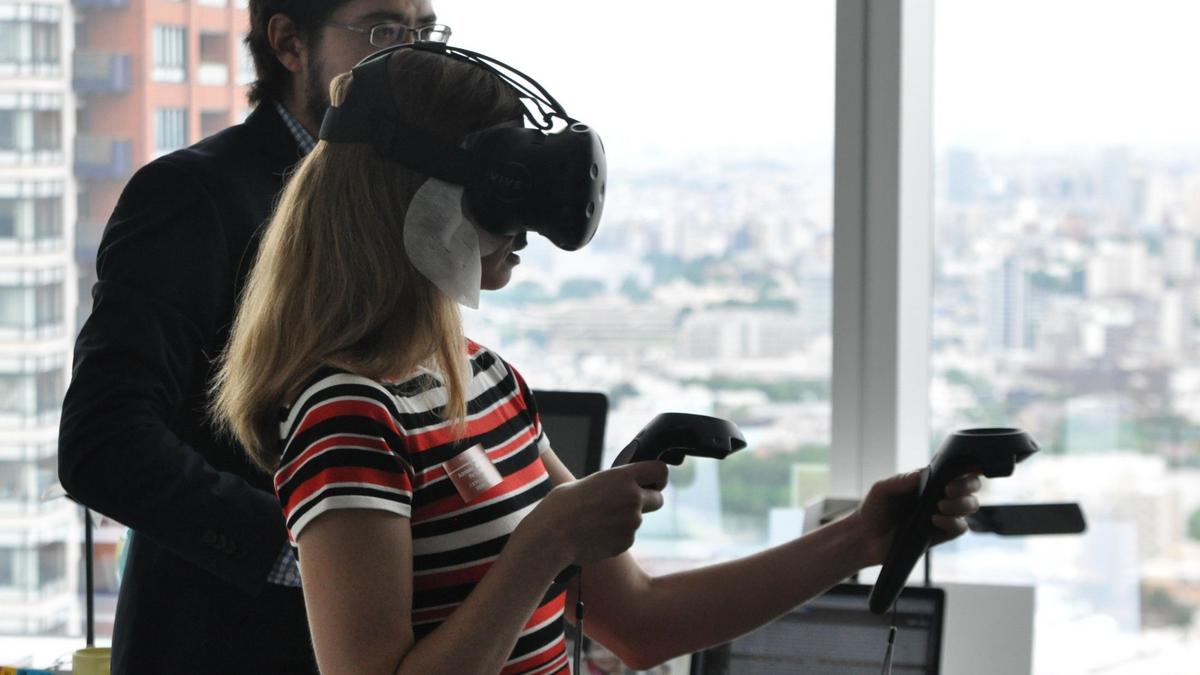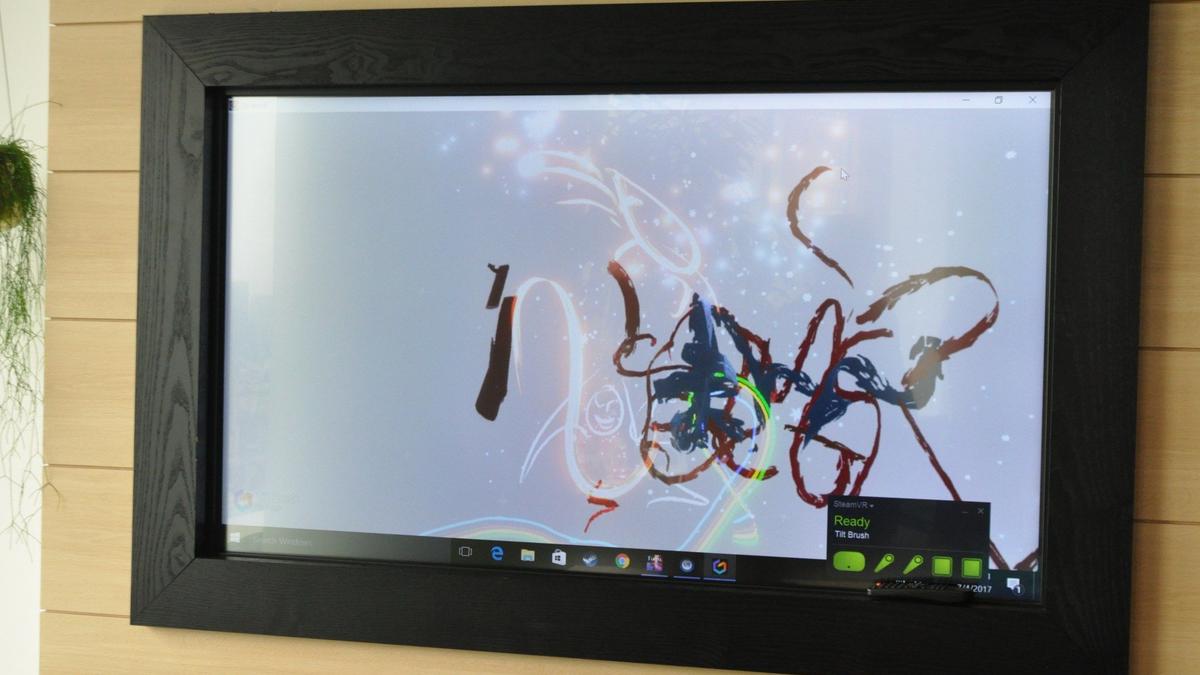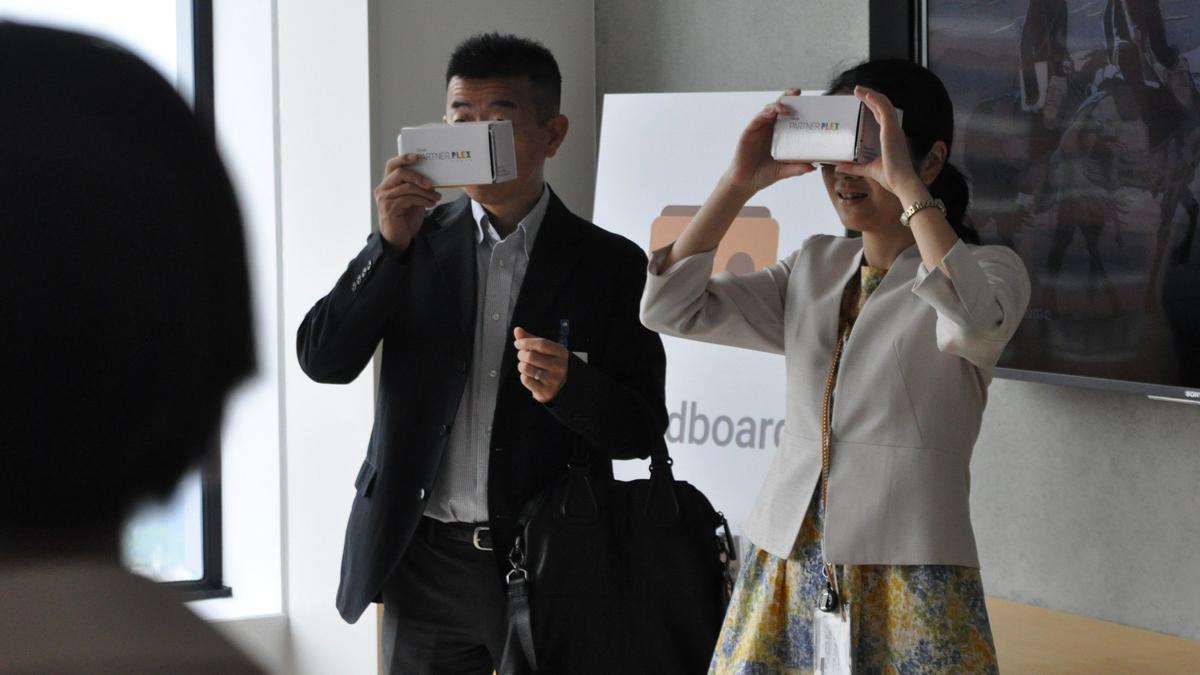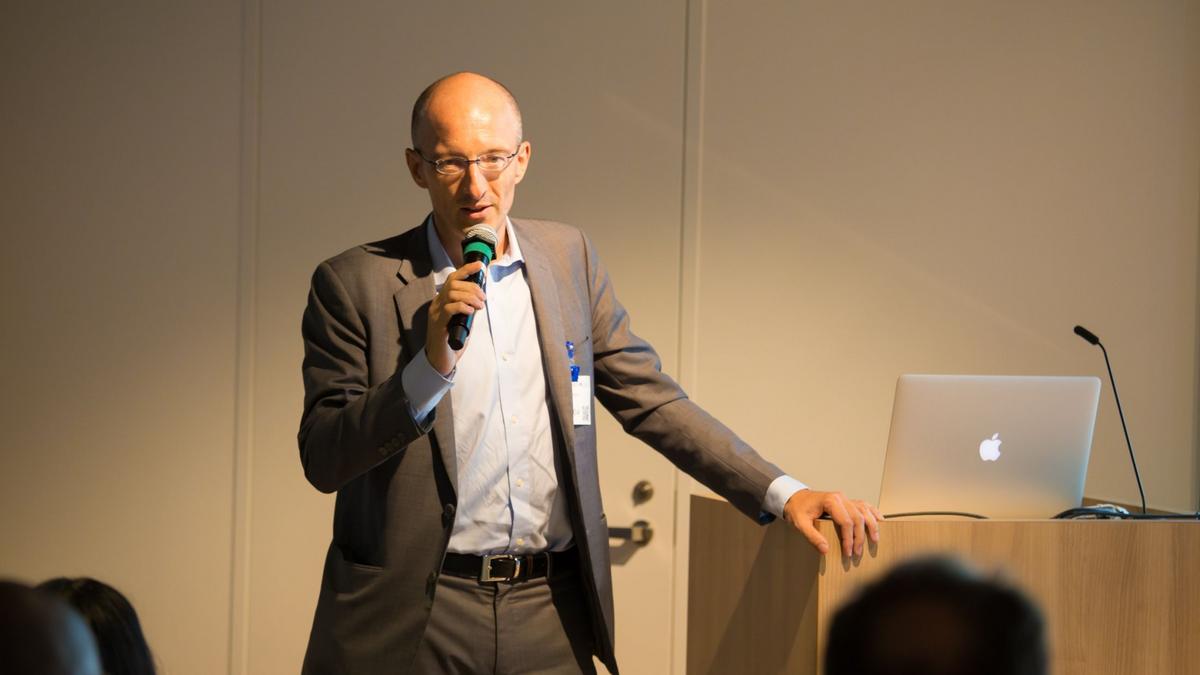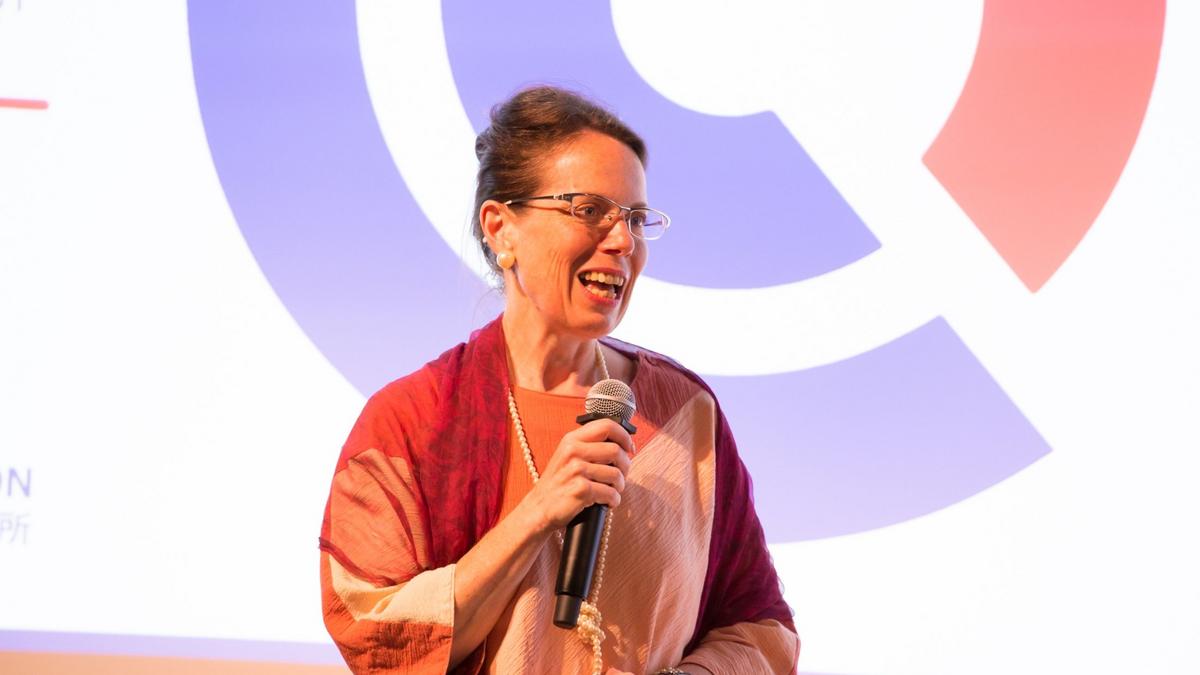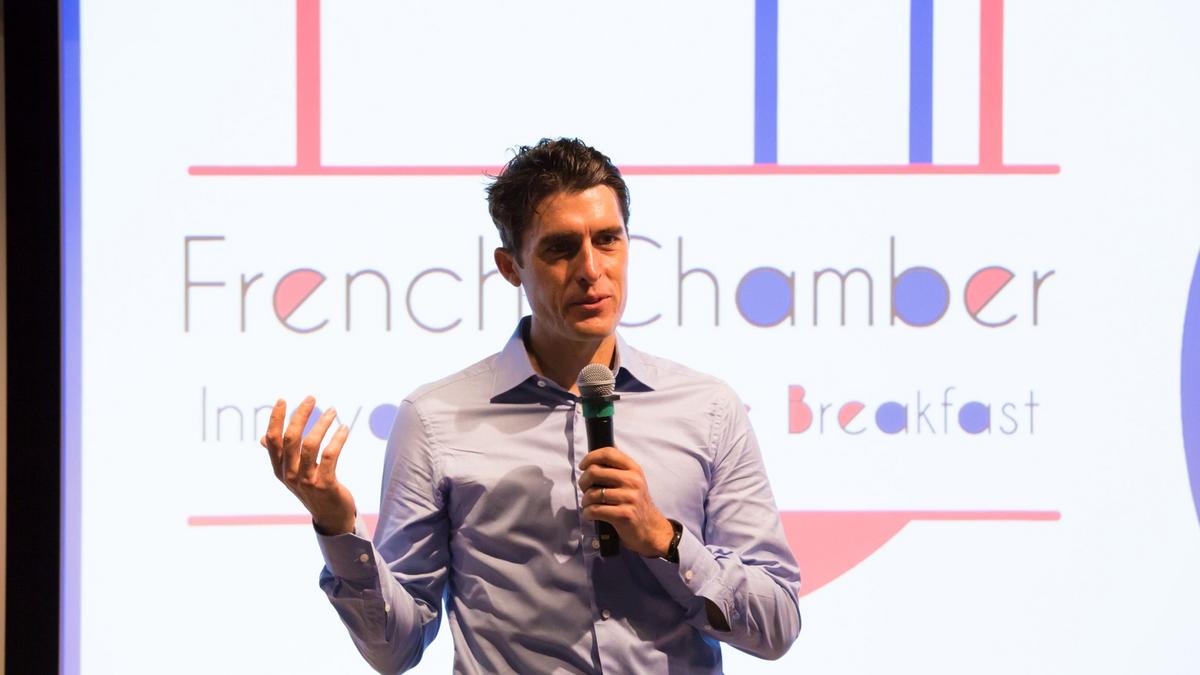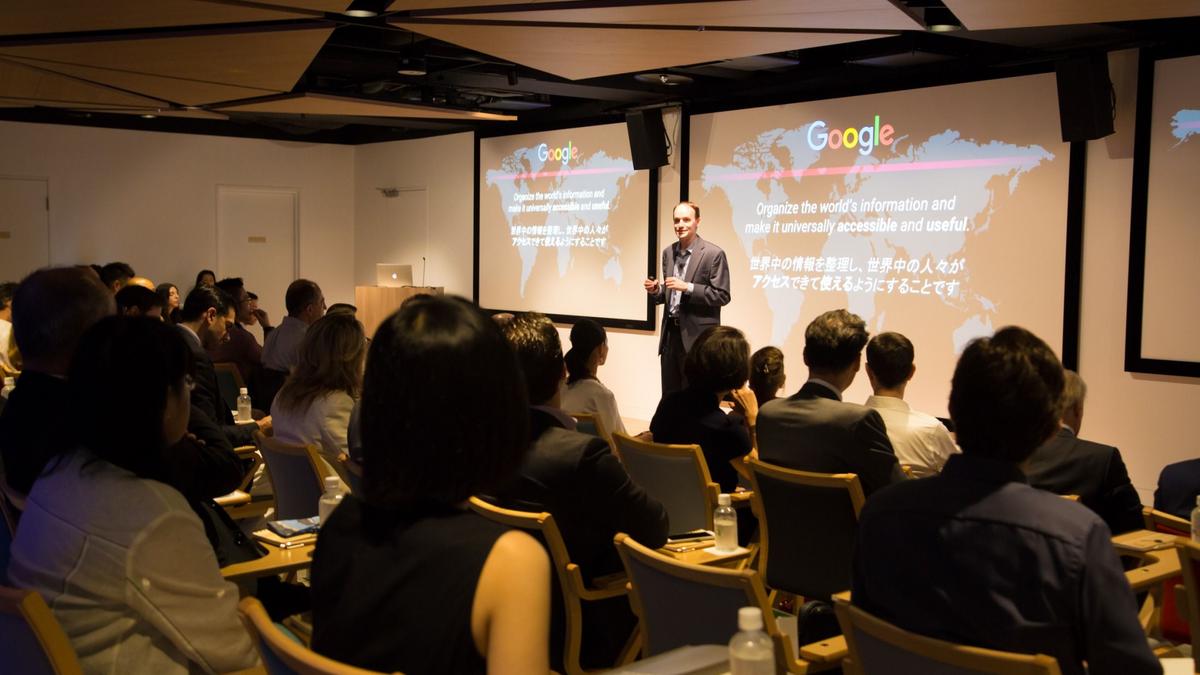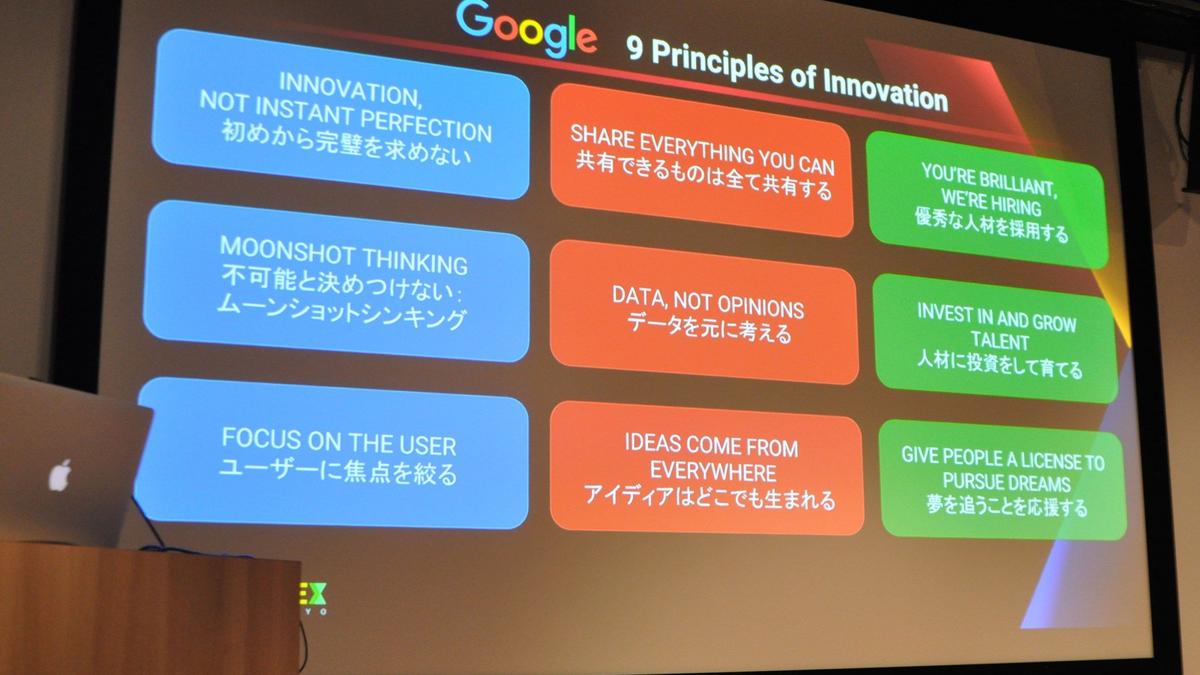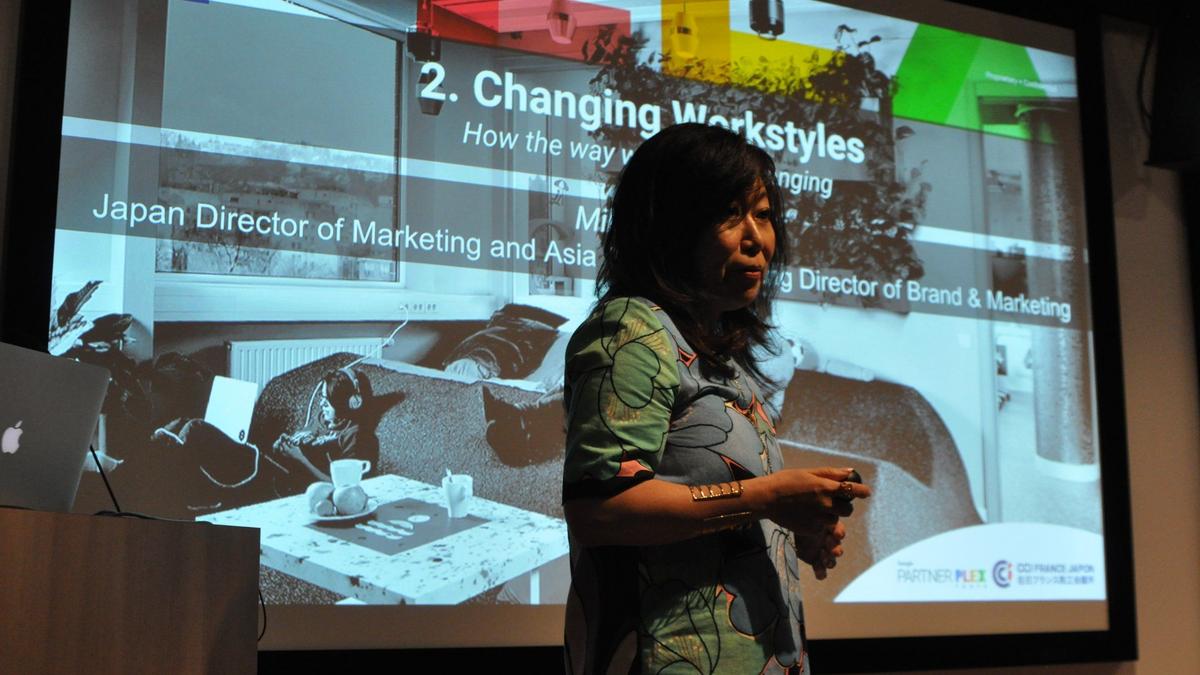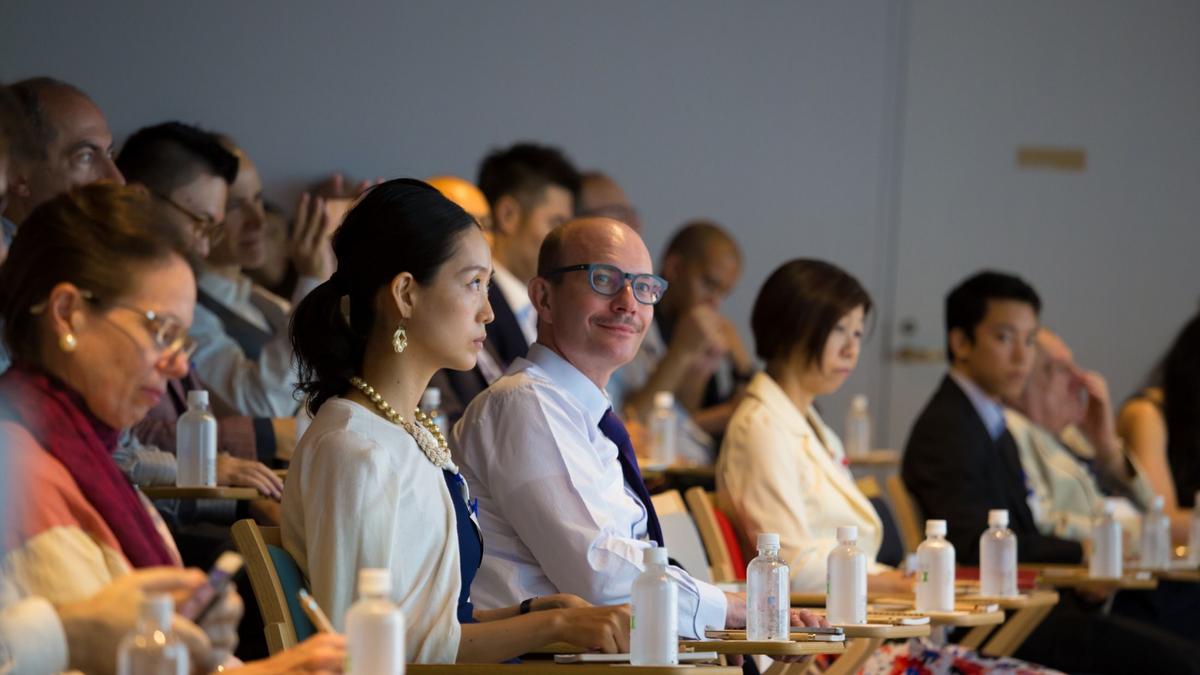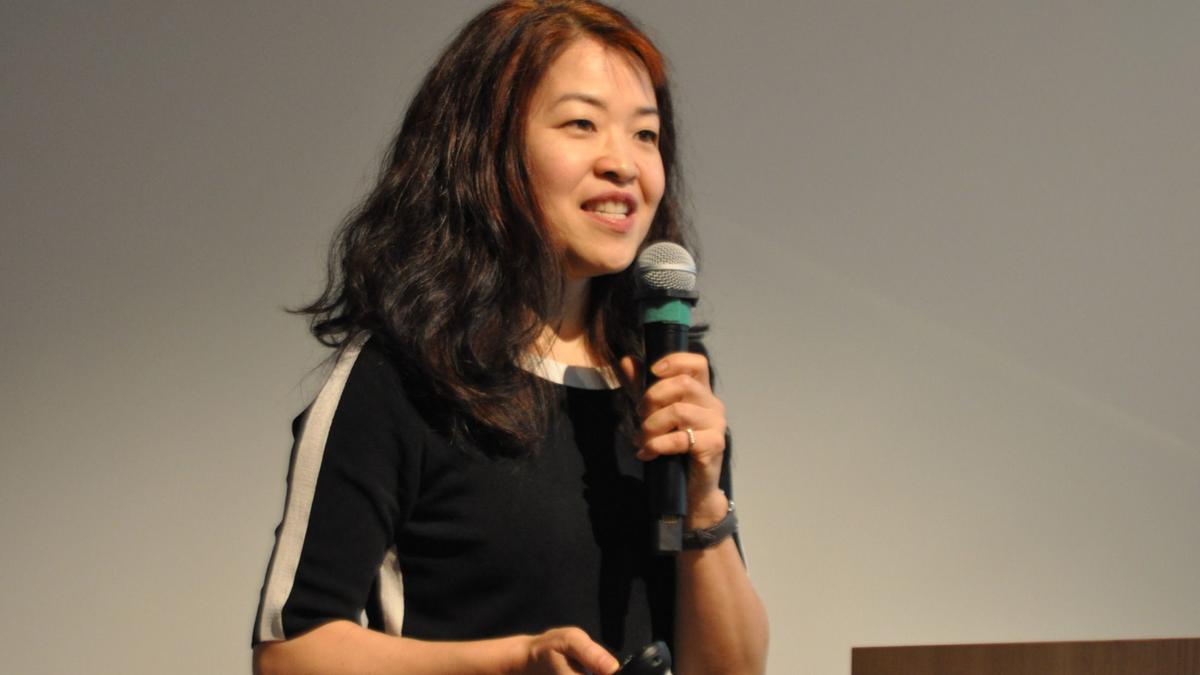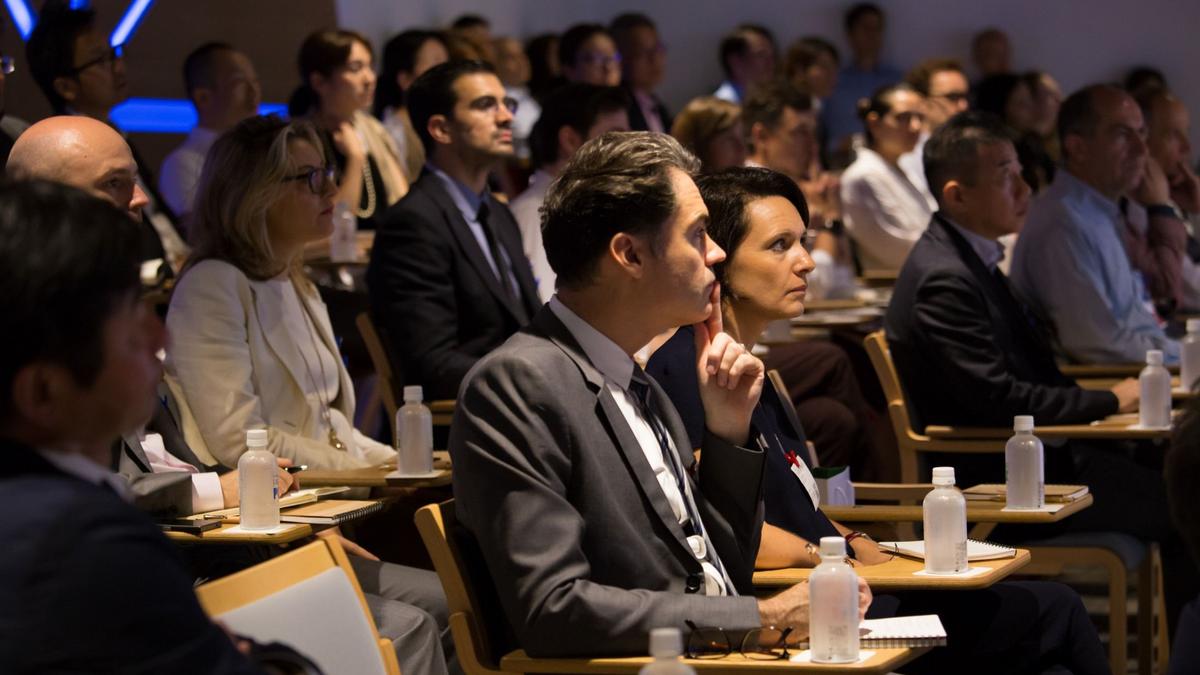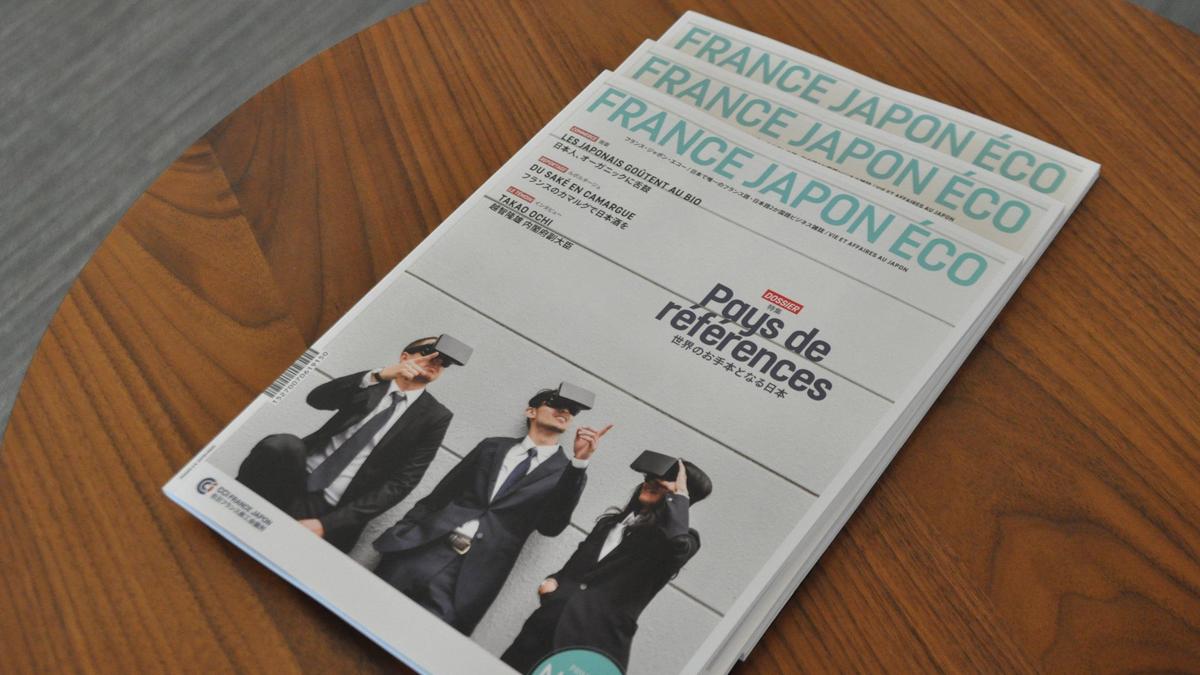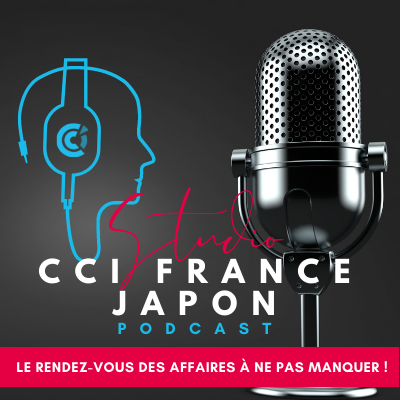Bilans d’évènement • Comités
Google’s formula to successful innovation: a glance inside Google’s revolutionary workplace and culture
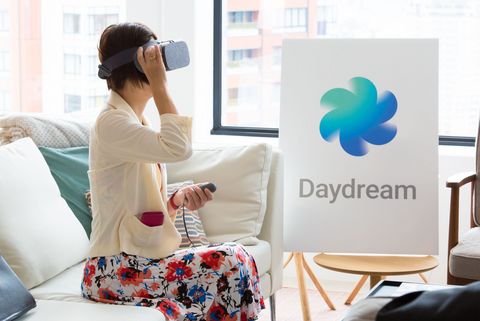
On Tuesday, July 4, 2017, the French Chamber of Commerce had the privilege to co-organize the first “Innovation Culture Breakfast” event with Google. This free event was open only to members of the Chamber and was proposed by its Design Thinking Committee, chaired by Maia Maniglier. Around 55 lucky members got to enjoy a networking breakfast as well as a visit of the Google Partner Plex while trying out new Google technology such as Cardboard and Tilt Brush.
The networking session was followed by three presentations on the subjects of Google’s innovation culture, workstyle reforms, and workspace design philosophy. Maia Maniglier and Peter Fitzgerald, Vice-President of Google Japan, delivered the opening words. Maia described Google as a “full example of design thinking success”, and Peter mentioned the importance of flexible hours since employees need rest after intense work periods just like athletes. He added Google has “this restlessness to create and transform” while being very cautious about what they bring to the table, as there are both good and bad ways to innovate.
Stuart Miller, Program Manager of Partner Plex Tokyo at Google, retold the story of the company, founded 18 years ago by two Stanford University students in a garage, whose only ambition was to create a better search engine. In 2017, Google’s mission has remained the same: “to organize the world’s information and make it universally accessible and useful”.
Stuart listed Google’s 9 principles of innovation and thoroughly explained one of them: the “moonshot thinking”. When innovating, just as when the thought of going to the Moon was first mentioned, the idea seems impossible in the beginning. This principle led to the creation of Google Maps, Earth and Street View. “Culture eats strategy for breakfast”, said Stuart, stating the importance of corporate culture. “Innovation can’t be ordained [but] you can create an environment where it will evolve organically”.
Miki Iwamura, Japan Director of Marketing and Asia Pacific Managing Director of Brand & Marketing, insisted on the environment’s importance when fostering innovation. “Innovation is not generated by a single genius. It is generated by maximizing the potential of a team. […] Culture is critical”, explaining that in a psychologically safe environment, employees are not scared to ask questions or request for help. Target sales revenues are surpassed by 17% when the environment is considered safe and are not even reached when it is considered unsafe (-19%).
69% of surveyed managers in a study admitted they want to change workstyles but do not know how. Miki reported on a work reform trial where employees were asked to try working at home at least once with the help of video conferences and to set their own time to leave work by sharing their scheduled tasks with their managers via an online calendar. Before the week-long trial, 47% of managers thought there was some work they could not possibly do at home. After the trial, only 12% believed this. Finally, meeting time was reduced by 66% thanks to the use of shared calendars and cloud-based documentation tools, and average work time went from 8-9 hours per day down to 7-8 hours.
Miki Komiyama, Facilities Manager, spoke about Google’s workspace design philosophy. Each Googler can work anywhere on the premises: on height-adjustable desks, in focused work areas, at the library (managed by volunteers among the employees), in one of several cafés and micro-kitchens with free drinks and snacks – great for collaborating. In Japan, the offices also include a myriad of places to refresh: nap, shower and massage rooms, spaces to connect with nature and a soundproof room for playing instruments. Ping-pong and foosball tables as well as a bouldering wall complete the set-up, which is constantly improved by user feedback and through surveys.
To the surprise of some audience members, Google does not only focus on technology, it also gives great importance to culture, its employees’ health and wellbeing, and innovation-fostering workspaces.
